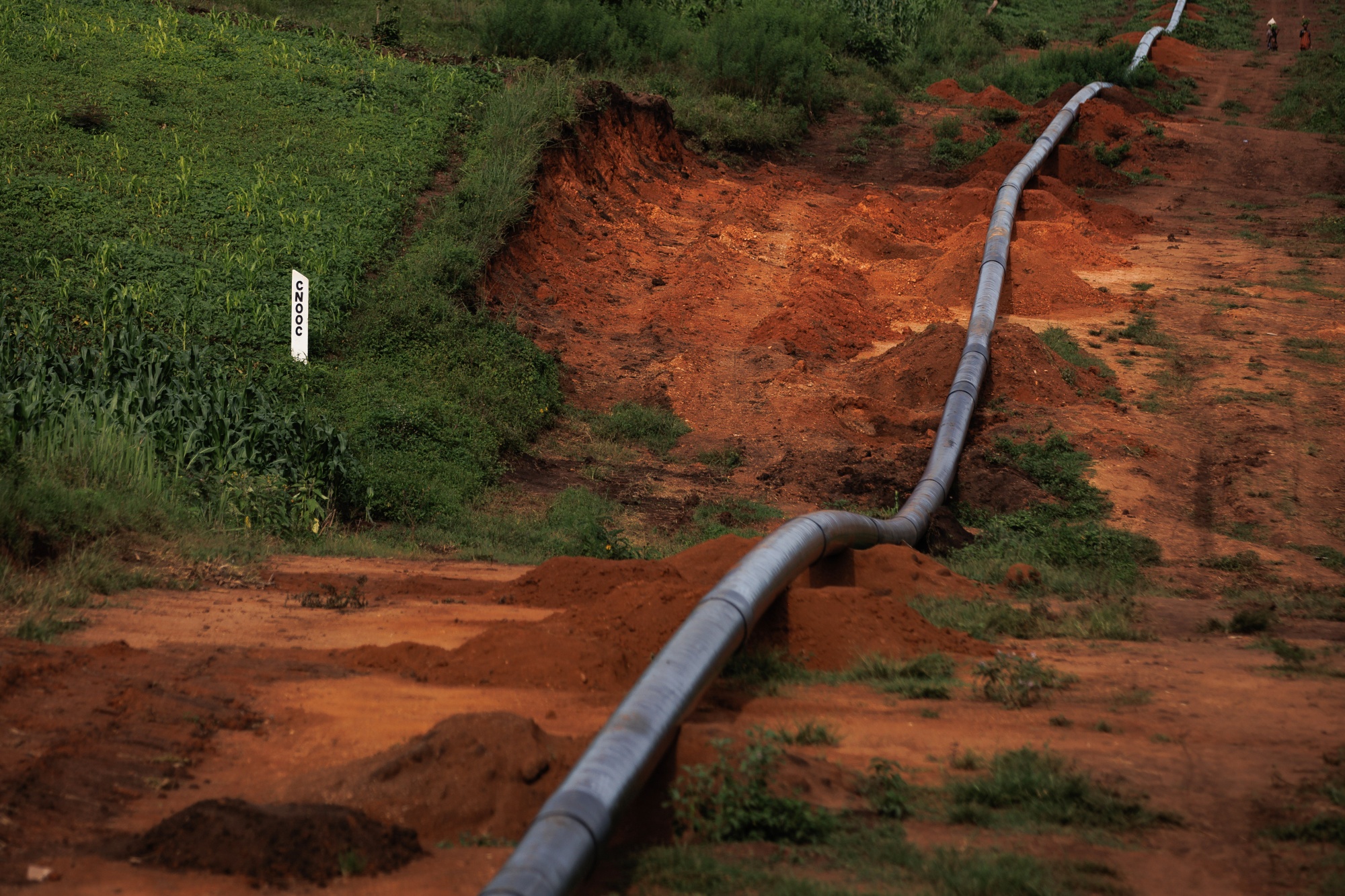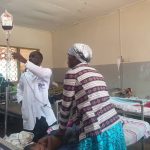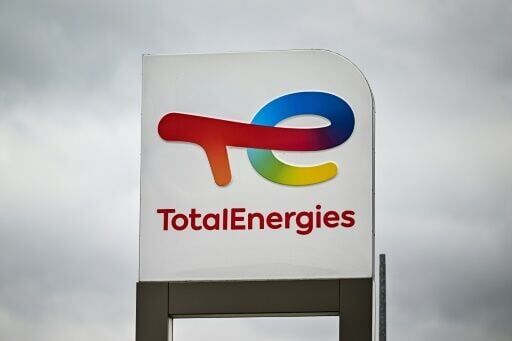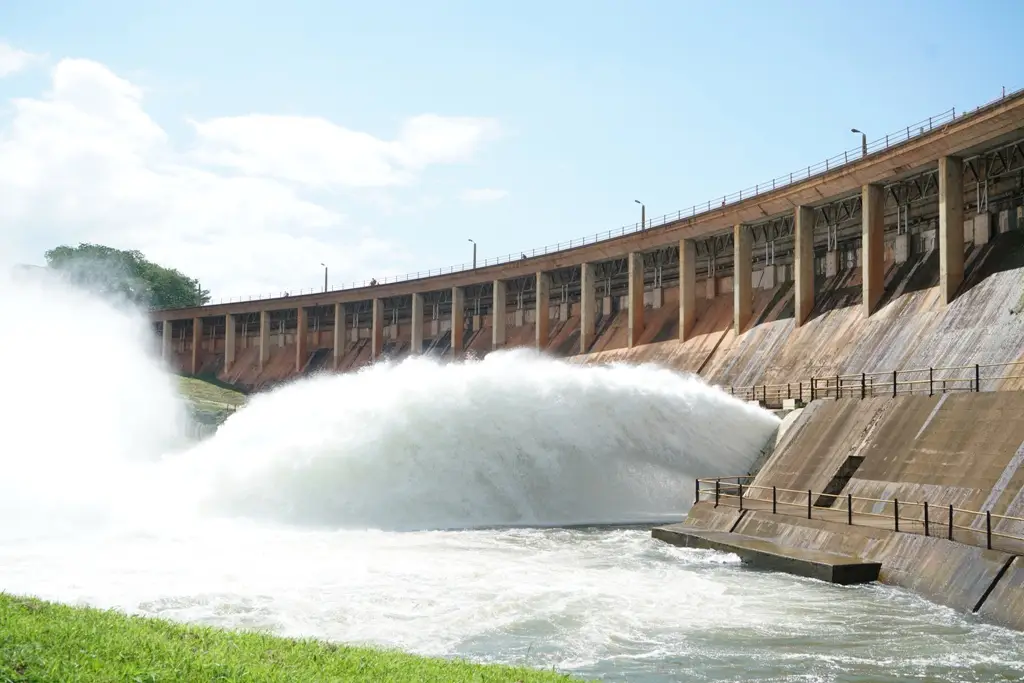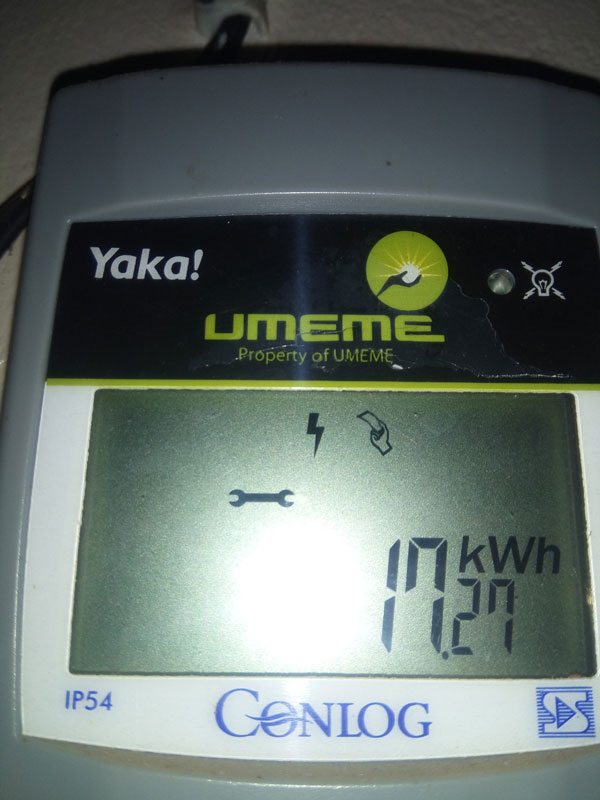The construction cost of the East African Crude Oil Pipeline (EACOP) has surged to $5 billion, up from the initial estimate of $3.5 billion, according to Uganda’s Minister of Energy and Minerals, Ruth Nankabirwa. The project, stretching from Hoima to Tanga in Tanzania, is faced with increased expenses attributed to factors such as COVID-19, inflation, and rising material costs.
Originally, shareholders were required to raise $2.5 billion in debt and $1 billion in equity to finance the project. However, the significant increase in construction costs means that investors, including the Uganda National Oil Company (UNOC), will need additional funding from the treasury to fulfill their obligations.
Nankabirwa explained that the decision to adjust the cost estimate was made in response to the global increase in material prices following the COVID-19 pandemic. The delay in project commencement and the resulting inflationary pressures have contributed to the higher expenditure.
Penina Ahebwa, Director for Economic and National Content Monitoring at the Petroleum Authority of Uganda (PAU), assured that negotiation strategies were in place to mitigate inflation risks. The transportation tariff was fixed during negotiations to shield shareholders from potential cost escalations.
The shareholders in EACOP include TotalEnergies E&P Uganda, CNOOC Uganda, Uganda National Oil Company, and Tanzania Petroleum Development Corporation, with shareholdings of 62%, 8%, and 15% each, respectively.
Peter Muliisa, Chief Legal and Corporate Affairs at the Uganda National Oil Company, clarified that historical costs were not initially included when the Final Investment Decision (FID) for the Lake Albert project was made. The project involves oil field development, processing facilities, and a lengthy electrically heated pipeline network.
Muliisa highlighted that the pipeline would be powered by green energy, with five solar farms generating 80% of the required power. The remaining energy needs will be sourced from the grids in Uganda and Tanzania.
Despite cost challenges, debt mobilization for EACOP has progressed positively, with the first drawdown on debt expected in April. The project, dubbed the longest electrically heated pipeline globally, aims for completion as Uganda prepares for its first oil production in 2025.
Anti-fossil fuel campaigners have opposed the EACOP project, leading to protests and resolutions by international bodies. Minister Nankabirwa remains steadfast in affirming that the project will proceed as planned.

